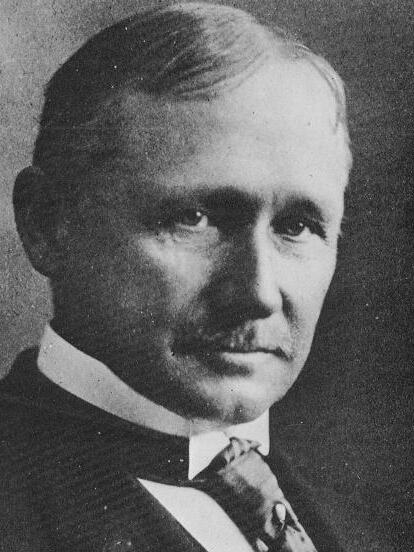Frederick Winslow Taylor: Difference between revisions
Jump to navigation
Jump to search
Amwelladmin (talk | contribs) No edit summary |
Amwelladmin (talk | contribs) No edit summary |
||
| Line 1: | Line 1: | ||
{{a|devil|{{image| | {{a|devil|{{image|Frederick Winslow Taylor|jpg|}}}}Frederick Winslow Taylor (March 20, 1856 - March 21, 1915) was an American mechanical engineer known for his methods to improve industrial efficiency, and regarded as one of the first management consultants.<ref>Not a good thing.</ref> | ||
Taylor’s efficiency techniques are summarised in his 1909 book ''The Principles of Scientific Management'' which Fellows of the Academy of Management voted “most influential management book of the twentieth century”.<ref>Also, not a good thing.</ref> | Taylor’s efficiency techniques are summarised in his 1909 book ''The Principles of Scientific Management'' which Fellows of the Academy of Management voted “most influential management book of the twentieth century”.<ref>Also, not a good thing.</ref> | ||
Revision as of 11:17, 5 April 2023
|
Frederick Winslow Taylor (March 20, 1856 - March 21, 1915) was an American mechanical engineer known for his methods to improve industrial efficiency, and regarded as one of the first management consultants.[1]
Taylor’s efficiency techniques are summarised in his 1909 book The Principles of Scientific Management which Fellows of the Academy of Management voted “most influential management book of the twentieth century”.[2]
